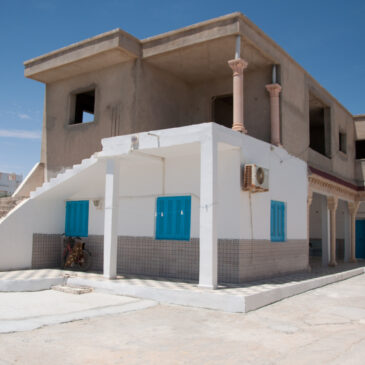News Highlights: Airstrike on Tigray village market, US and UN condemn Eritrean presence in Tigray, UK scraps pledge for refugee resettlement
In this week’s news highlights: Airstrike in Togoga market kills dozens of civilians; UNHCR reports on refugees and IDPs in Tigray; UNSC calls for stop to sexual violence as a weapon of war in Tigray; US and UN condemn Eritrean presence in Tigray; Ethiopia PM denies starvation in Tigray; 5 Somali teenagers accuse guards of sexual assault at EU-funded detention centre in Libya; The EU discusses the next round of external funds for Ethiopia; EU plans to fund Turkey border control raises concern from MEPs and journalists; British Government scraps numbers and dates for resettling refugees and asylum seekers; Dutch journalist accused and arrested for alleged smuggling in Greece; More than 100 migrants land in the Canary Islands; More than 82 million refugees and IDPs worldwide on World Refugee Day.
For frequent updates about the situation in the Horn, please see the EEPA Horn situation reports.
EEPA is holding its fourth Webinar “The involvement of Eritreans in the war in Tigray”, which is part of the Webinar series “Voices From Tigray”. The Webinar will take place on June 29th, 14:00-16:00 EAT, 13:00-15:00 CET, 07.00-09.00 US Eastern.
The registration link is: https://bit.ly/3qfQ335
News Highlights: Independent reports on chemical weapons entering Tigray, Mass starvation occurring in Tigray, Illegal pushbacks to Libya
In this week’s news highlights: EEPA webinar discusses the widespread abuse of refugees happening in Tigray; Reports of chemical weapons entering Tigray; International community condemns widespread starvation in Tigray and warn of potential famine in Ethiopia; Ethiopia’s UN envoy stated that Eritrean soldiers will ‘leave soon’; BBC docu-film on the perilous journey of migrants from Ethiopia to Yemen; Human trafficker Tewelde Goitom (Welid) sentenced to 18 years in prison; Alarm Phone reports illegal pushbacks in Libya; Scotland’s Council extends ban on acceptance of refugees; Refugees sentenced to 10 years over Moria fire; Police bust human smuggling ring in North Macedonia; IOM project aims to make migration data more accessible.
News Highlights: EU-US meeting on Tigray ahead of G7, Tigrayans starving to death, Webinar highlights destruction of heritage
In this week’s news highlights: Webinar highlights the destruction of heritage and holy sites and massacres of Tigray religious leaders; In-depth report on Mai Kadra massacre published by Reuters; BBC interviewed Tigryans who said they are starving to death; UNHCR concerned about Ethiopian refugees returned from Djibouti against their will; MMC report on onward migration of refugees and migrants from East Africa; Libyan PM meets the EU Commissioner Johnsson on migration and political transition; EU and US talk about crisis in Tigray ahead of G7; People seeking asylum in Denmark could be deported according to new law; UK MPs call for parliamentary inquiry on Eritrea’s role in Tigray; Court of Auditors found “worrying” deficiencies in Frontex’s procedures; Kent threatens legal action against Home secretary over poor services for child asylum seekers; Kent council threatens to reject asylum seeker applications for speaking to the media.



